The majority of electrical receptacles run on alternating current, or AC power, and they consist of live or phase components, neutral components, and earth or ground components, each allowing the flow of electrical energy through the receptacle. Read More…
Our customers find we have the highest standards when it comes to quality, and delivery. Quail Electronics is a worldwide power cord supplier, offering power cords and various other products.
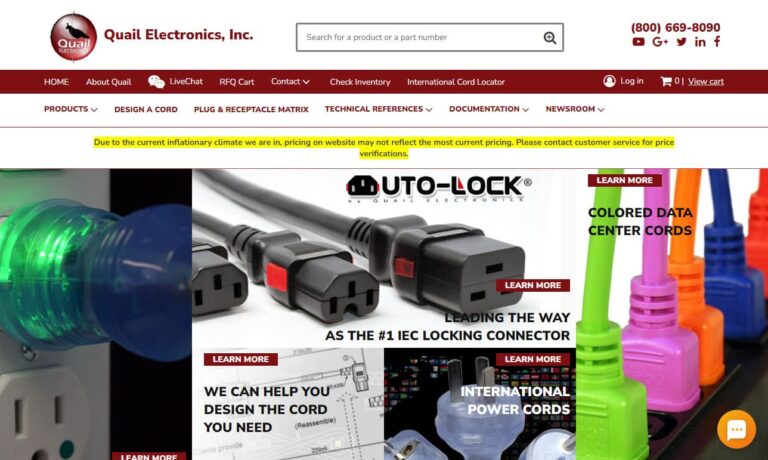
All of our power cords are tested and stand up to rigorous demands of everyday application. We serve a global market including the United Kingdom, Ireland, Germany, Switzerland, Austria and of course the United States.
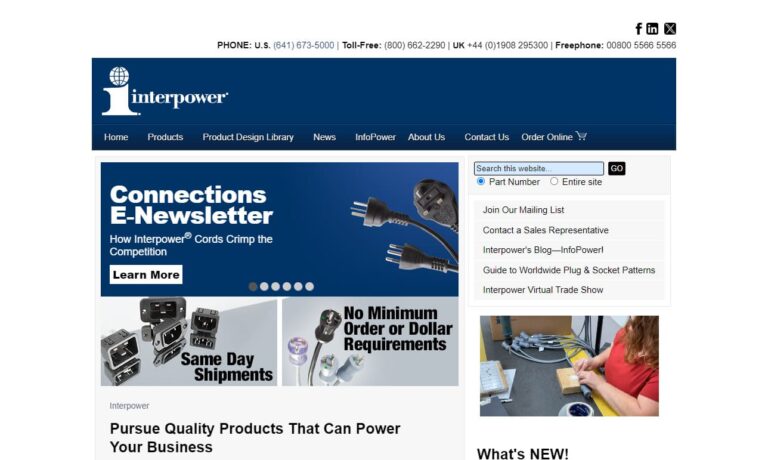
US Cordset Manufacturing provides power-supply products to various categories of customers from domestic to industrial. Our line of products include wiring harnesses, Coiled cords, extension cords, processed wires, high voltage twist lock cords, and more. Whether your requested electrical configuration is simple or intricate, our expert staff is ready to help.

Our plug adapters are guaranteed to bring you a lifetime of value. Our staff is committed to bringing you only the most reliable products that are available. We will find solutions for your cord needs regardless of how difficult the job may be.

At Americord, we dedicate ourselves to delivering high-quality power cords and custom wiring solutions that meet the demands of diverse industries. We design and manufacture durable cords that are tailored for performance, safety, and reliability, serving applications ranging from consumer electronics and industrial machinery to specialized equipment requiring precise electrical connectivity.
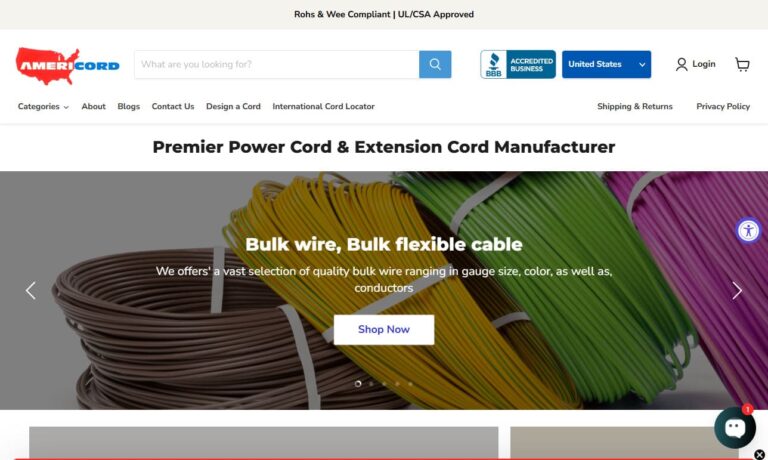
At Cord-Sets, we dedicate ourselves to delivering high-quality power cord solutions that meet the needs of industries across the globe. We specialize in designing and manufacturing power cords, cord sets, and related components that are engineered for durability, safety, and reliable performance.
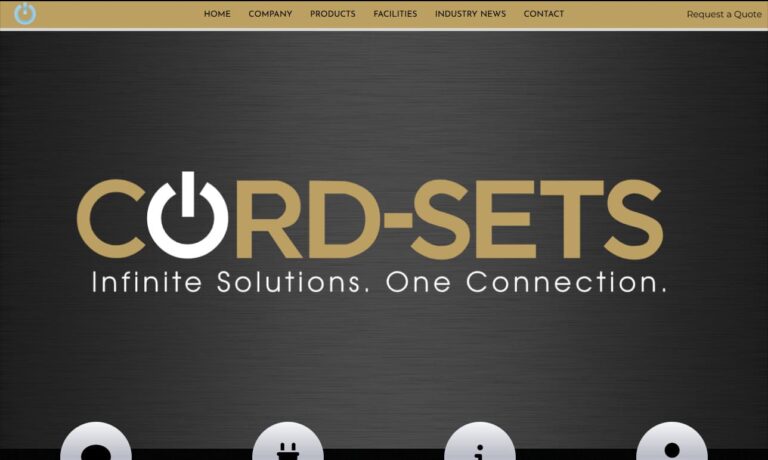
More Electrical Receptacle Manufacturers
Made with insulating materials such as nickel, silver, plastic and galvanized steel, sockets are formed with two slots and an optional extra slot known as a grounding hole which is used in some electrical plugs for polarization.
Designed to receive a conventional electrical cord and plug, common electrical receptacles run on the United States standard 120-volt system. However, heavy-duty 240-volt receptacles can be designed for equipment that requires a higher voltage such as electric ranges or industrial machinery.
As with any component that is used in the transferring of electrical energy, there are important safety precautions to be considered. Electrical receptacles can cause shock and electrical hazards due to deterioration, damage, or misuse resulting in personal injury, death, and/or property damage from electrical fires.
Frequent usage is a common cause of deterioration in receptacles, especially in high-traffic areas such as kitchens and bathrooms. Therefore, high-quality materials and the consistent maintenance and upkeep of receptacles is important, especially in industrial and manufacturing settings.
The National Electrical Manufacturer's Association (NEMA) sets stringent quality standards for power cords, sockets, and components in the US, and other countries around the world which use different voltages and electrical plug and receptacle structures set their own testing standards for general safety purposes.
There are, however, technologies in place to reduce the potential hazards of electrical receptacles. Polarization, for example, helps control the connection between the electrical plug and the socket. Other measures include tamper resistance components and corrosion resistant materials, especially in receptacles designed to be exposed to harsher environments.





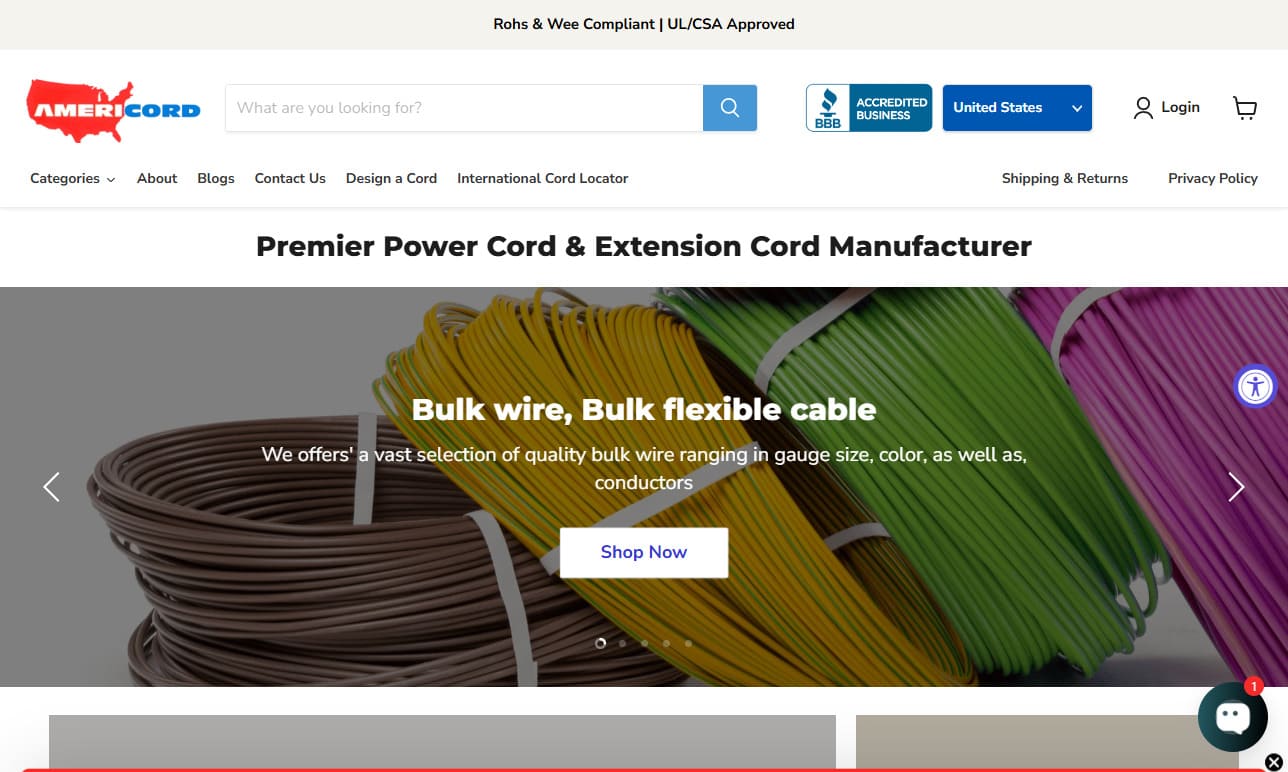
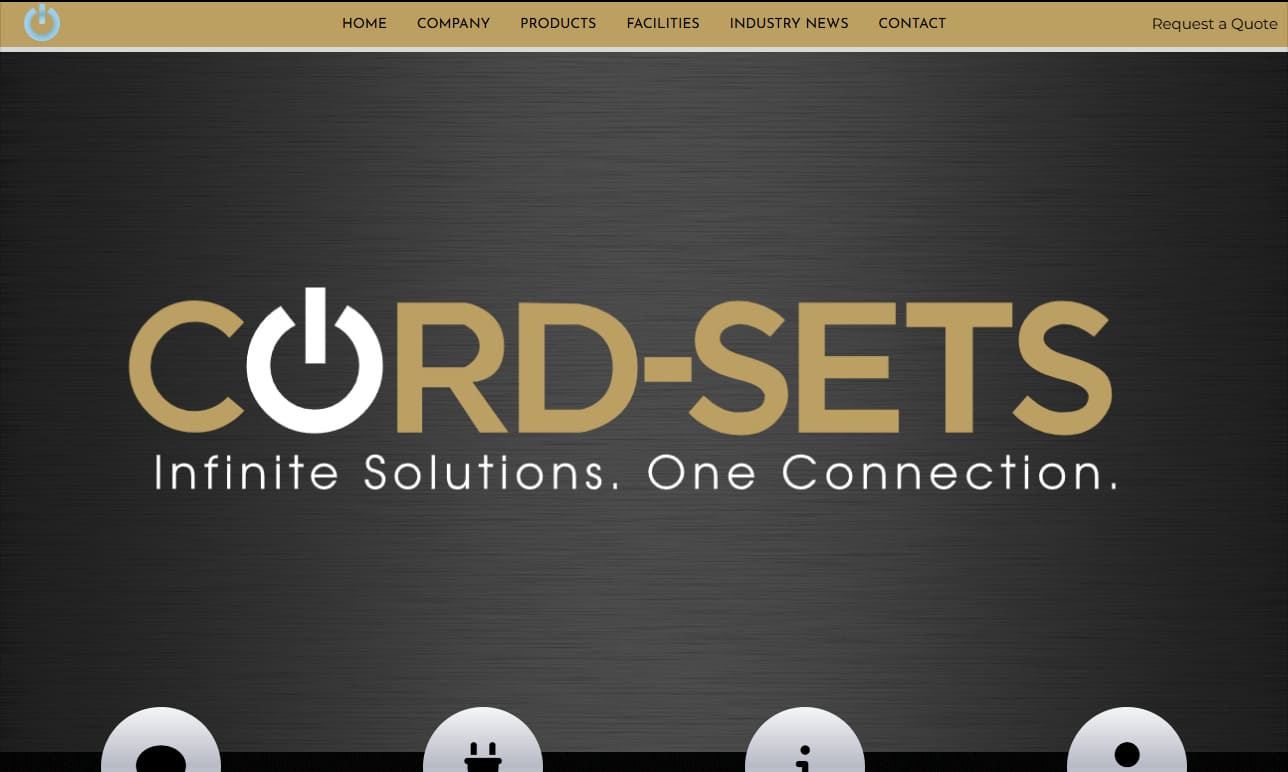
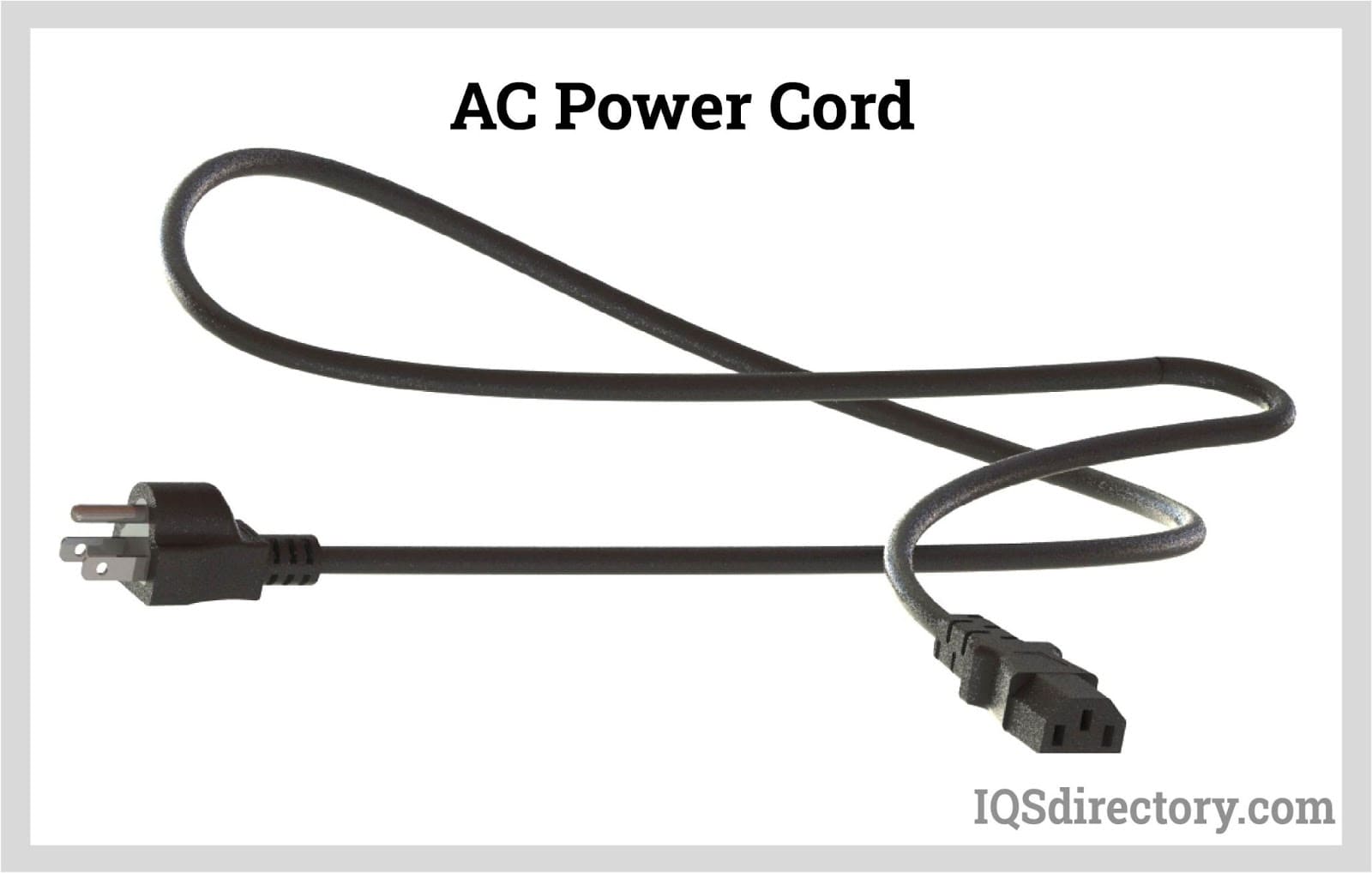
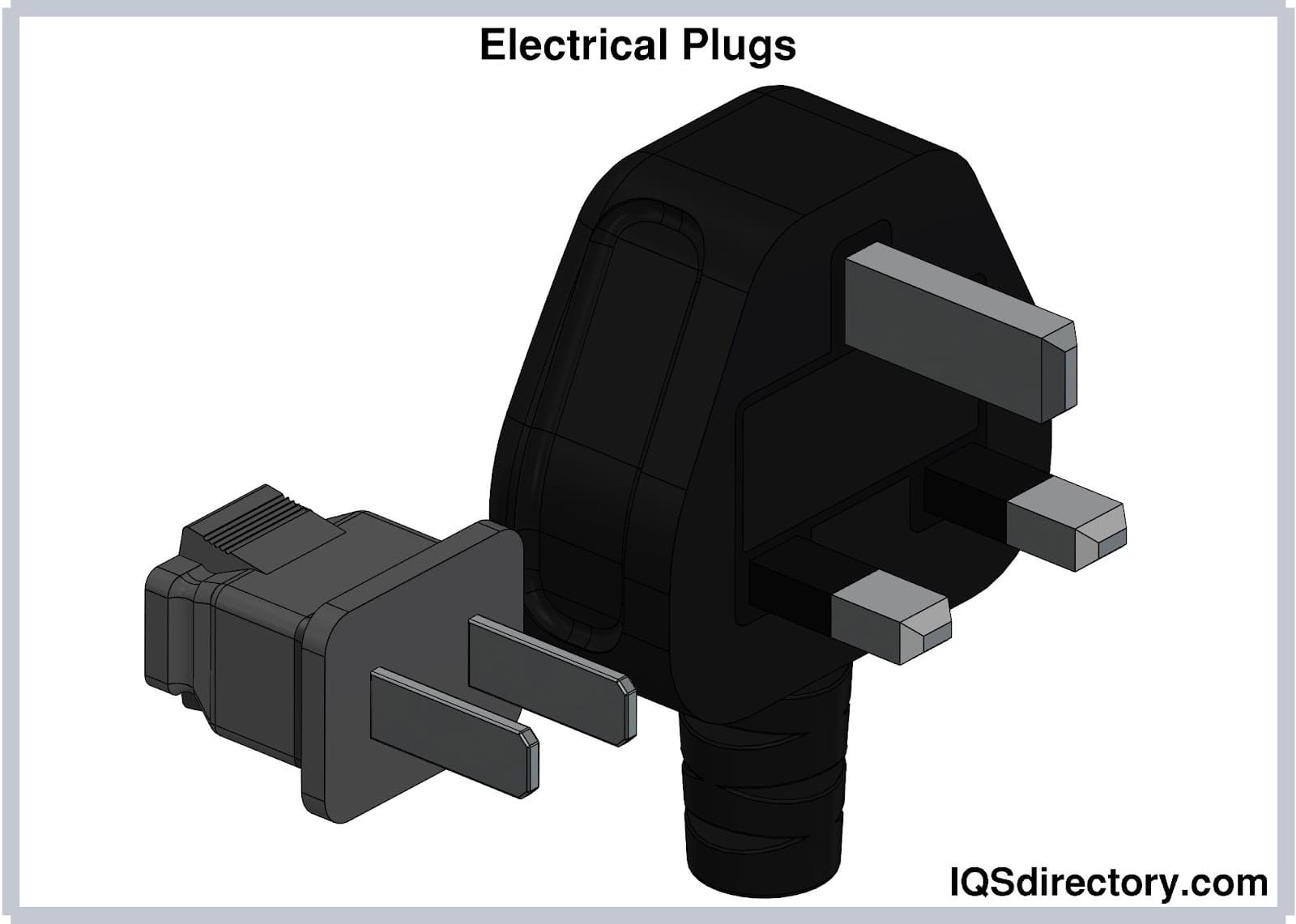
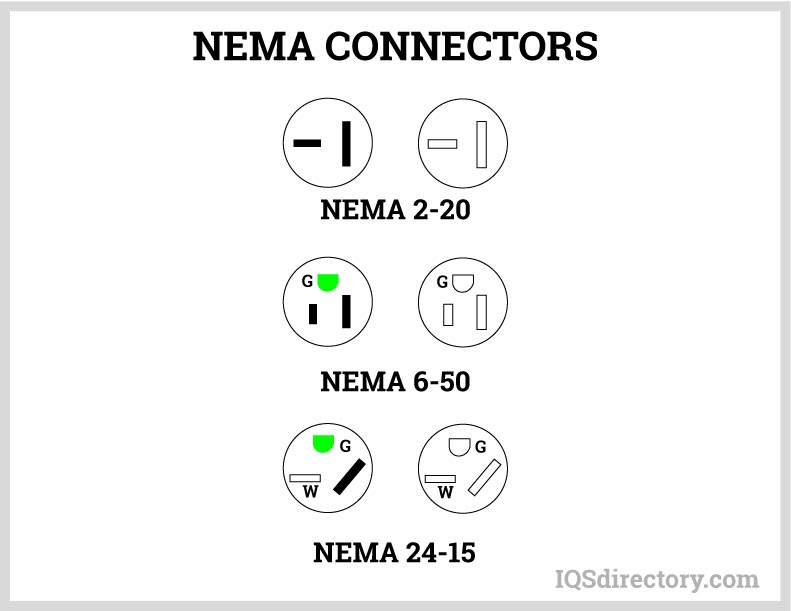
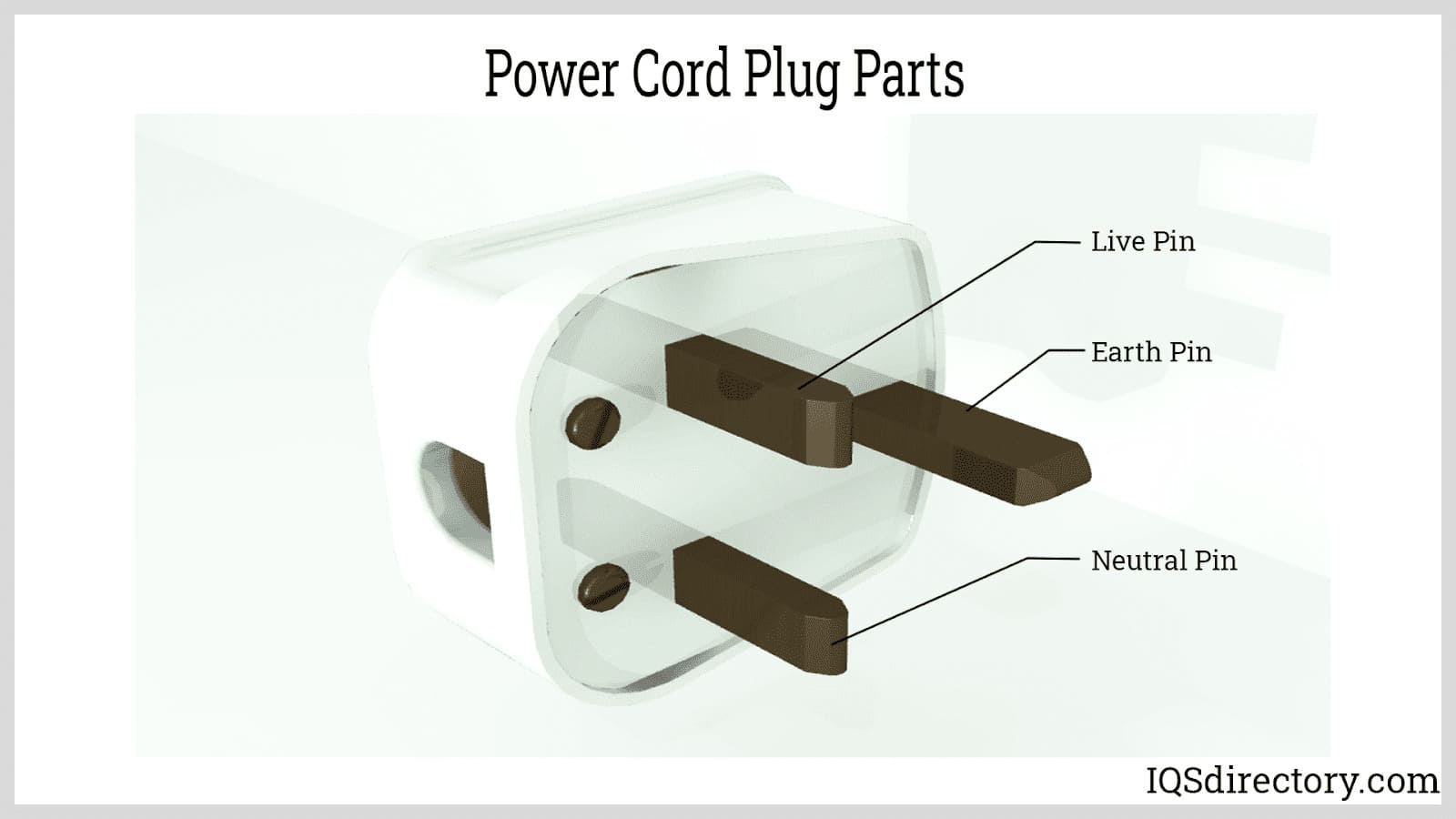
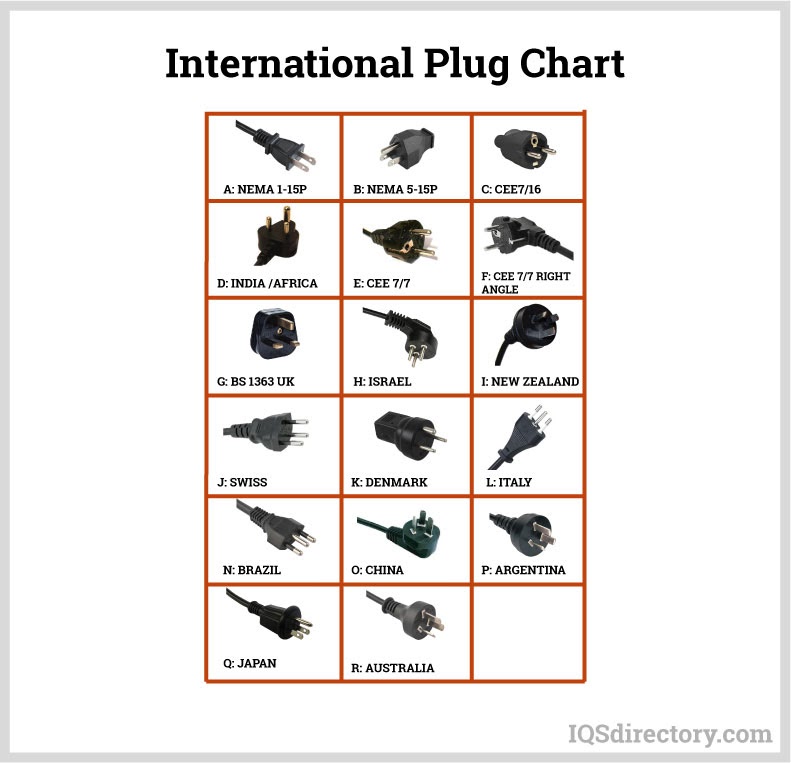
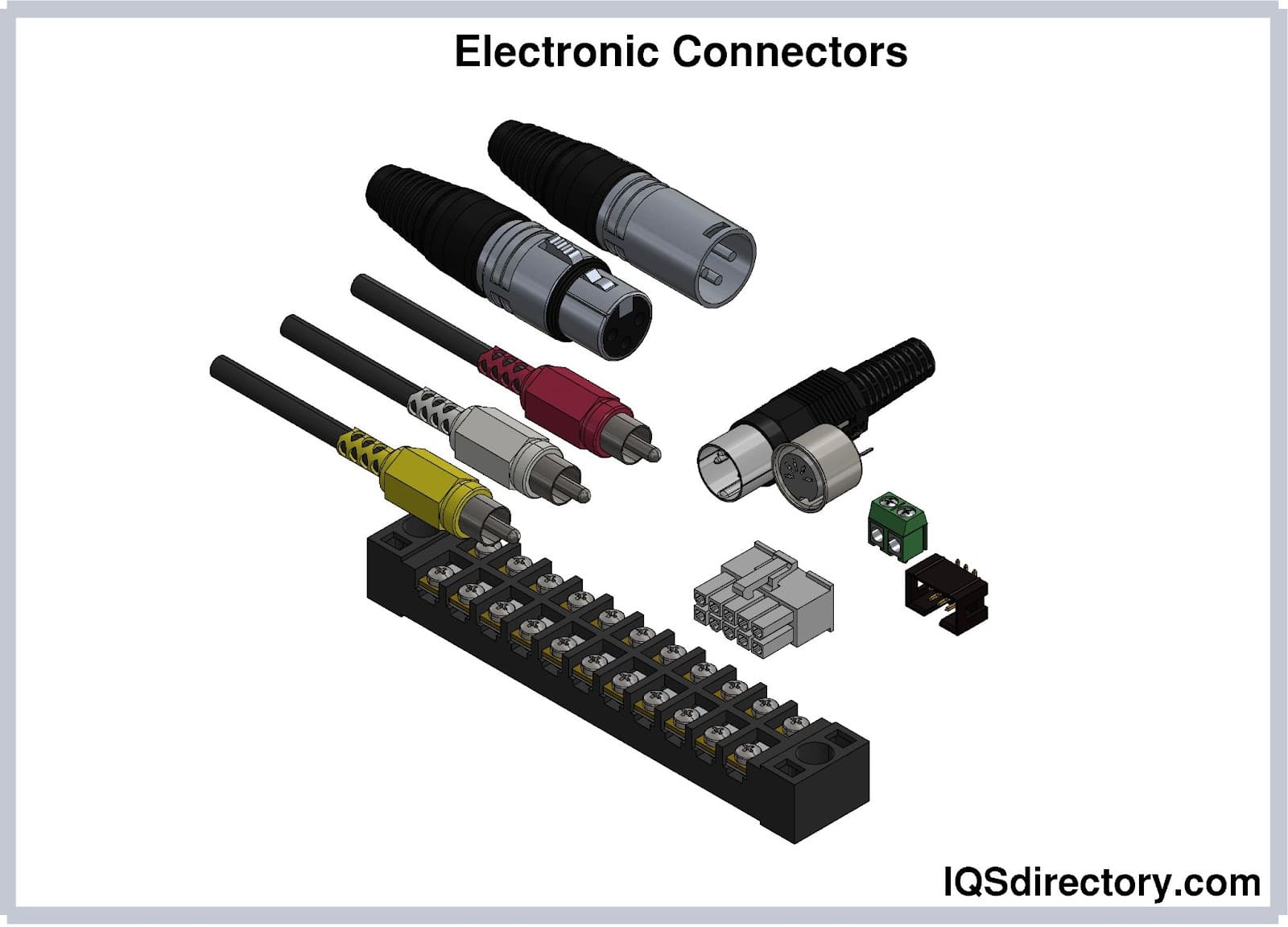
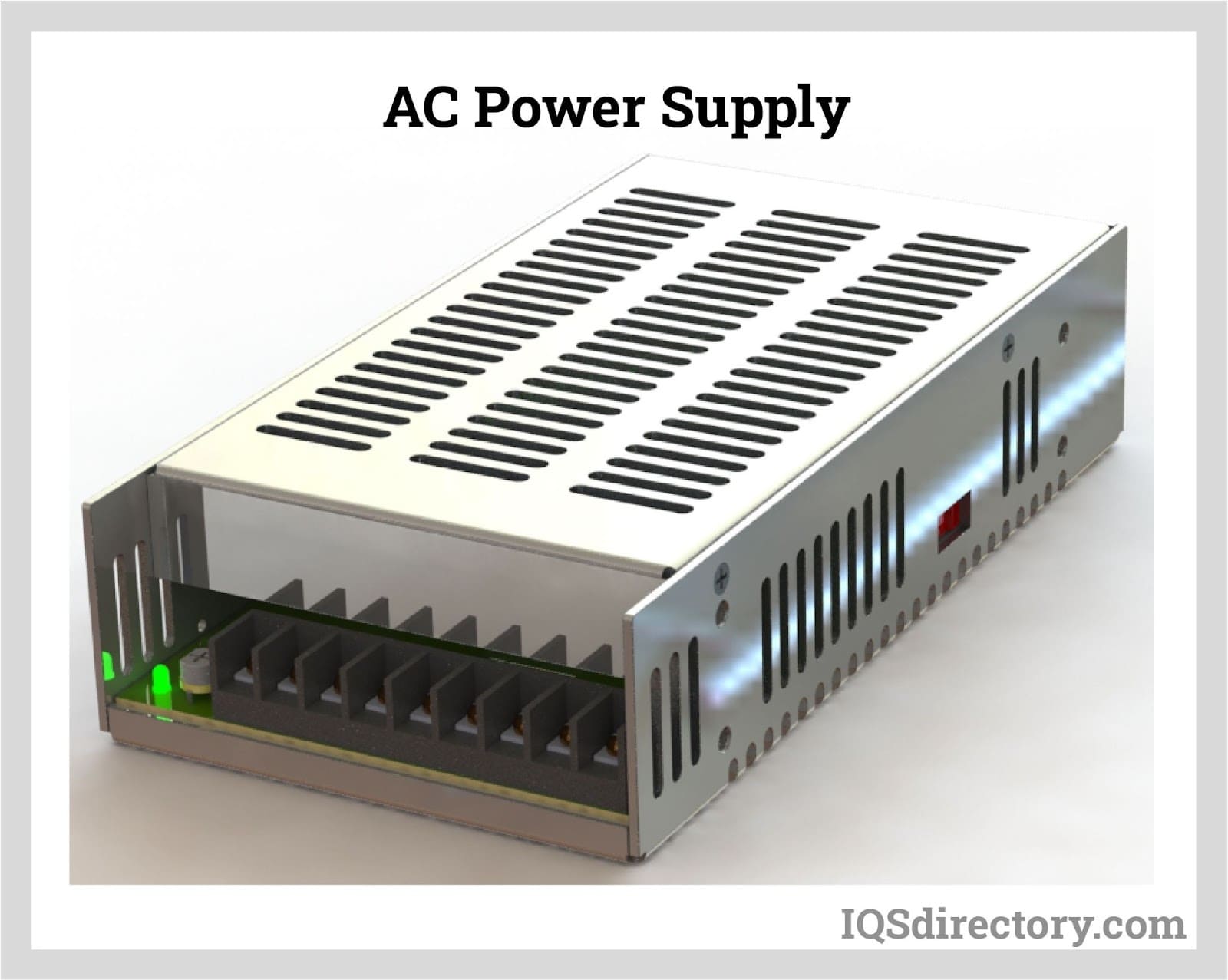
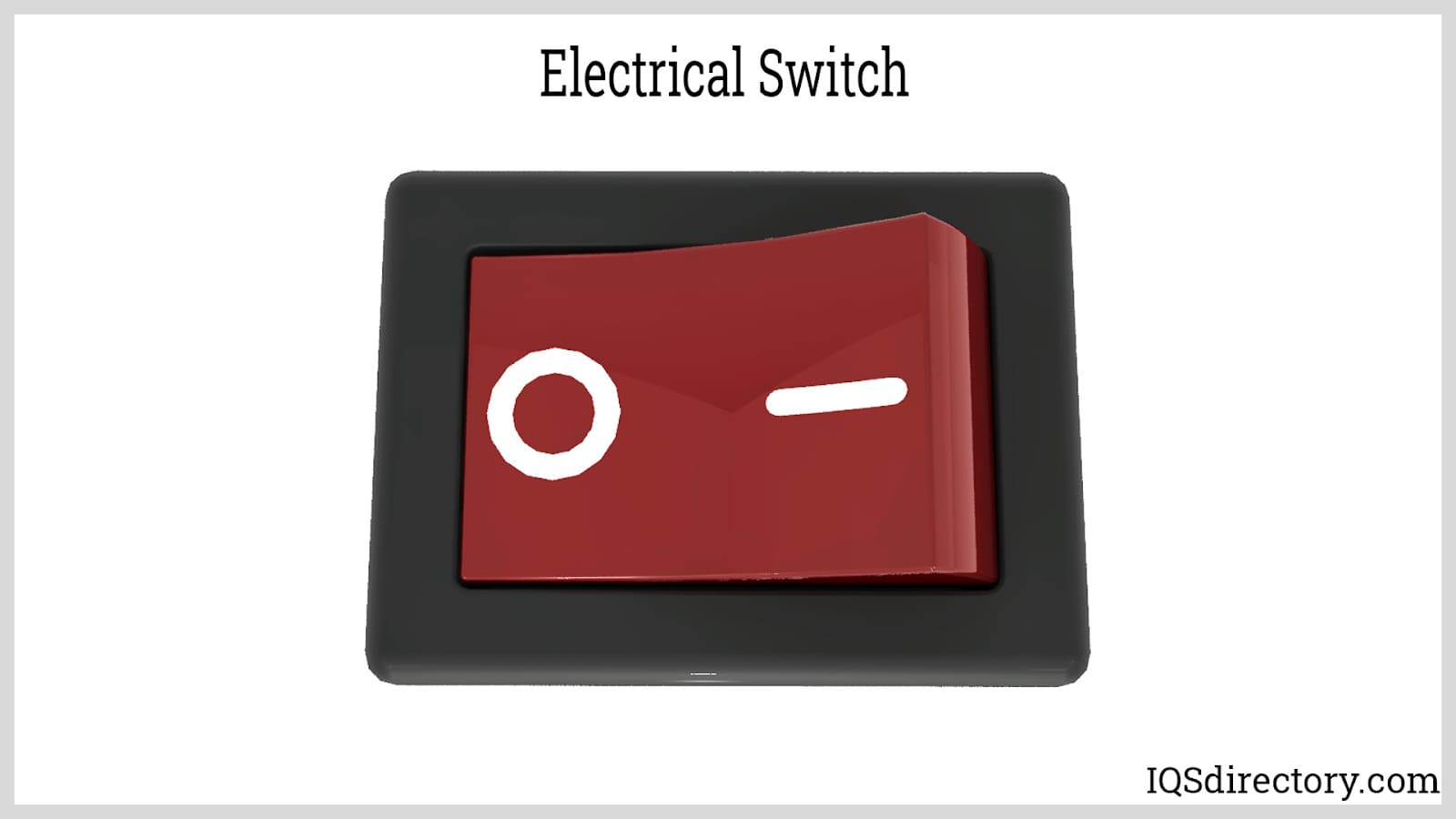
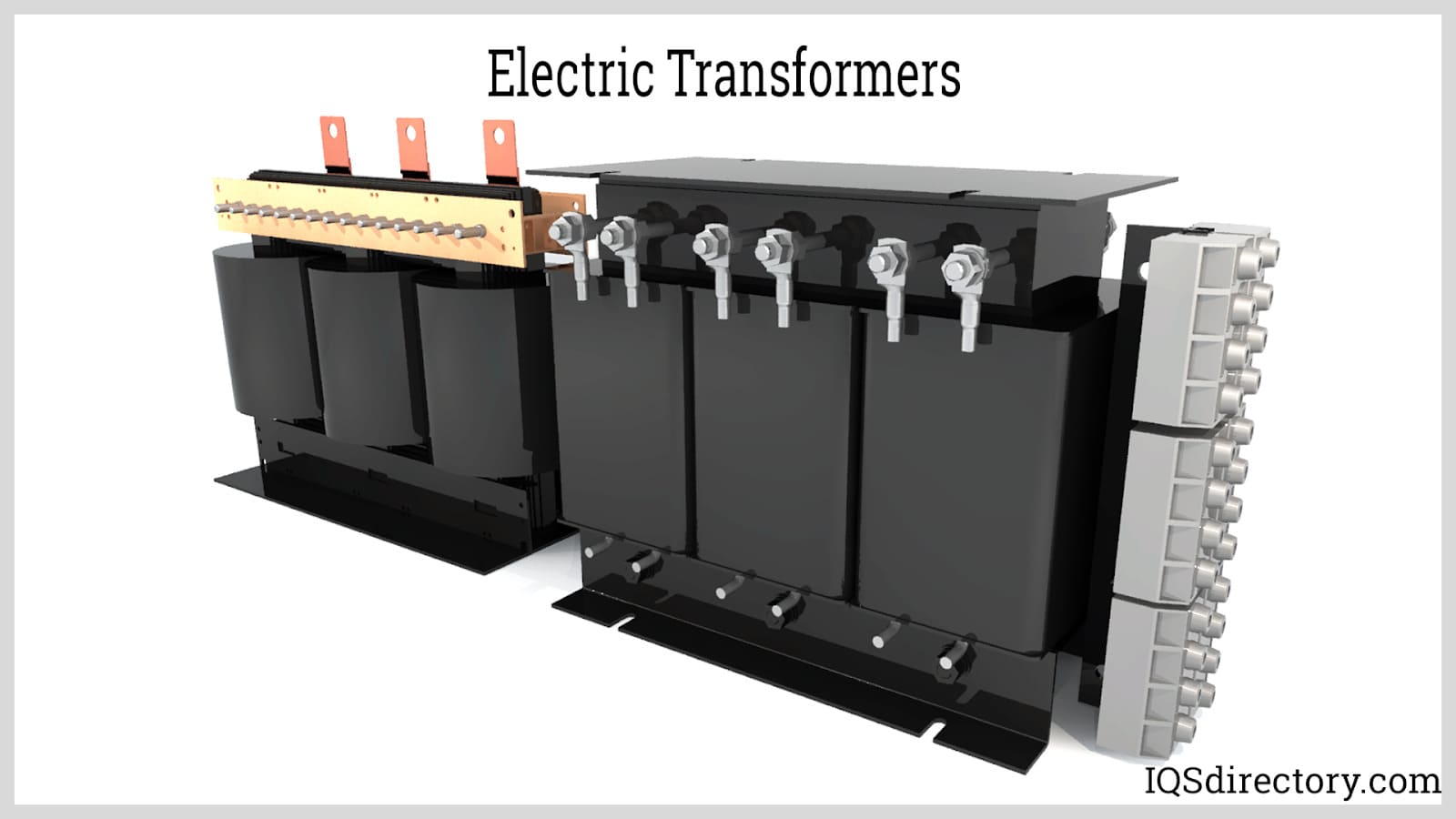

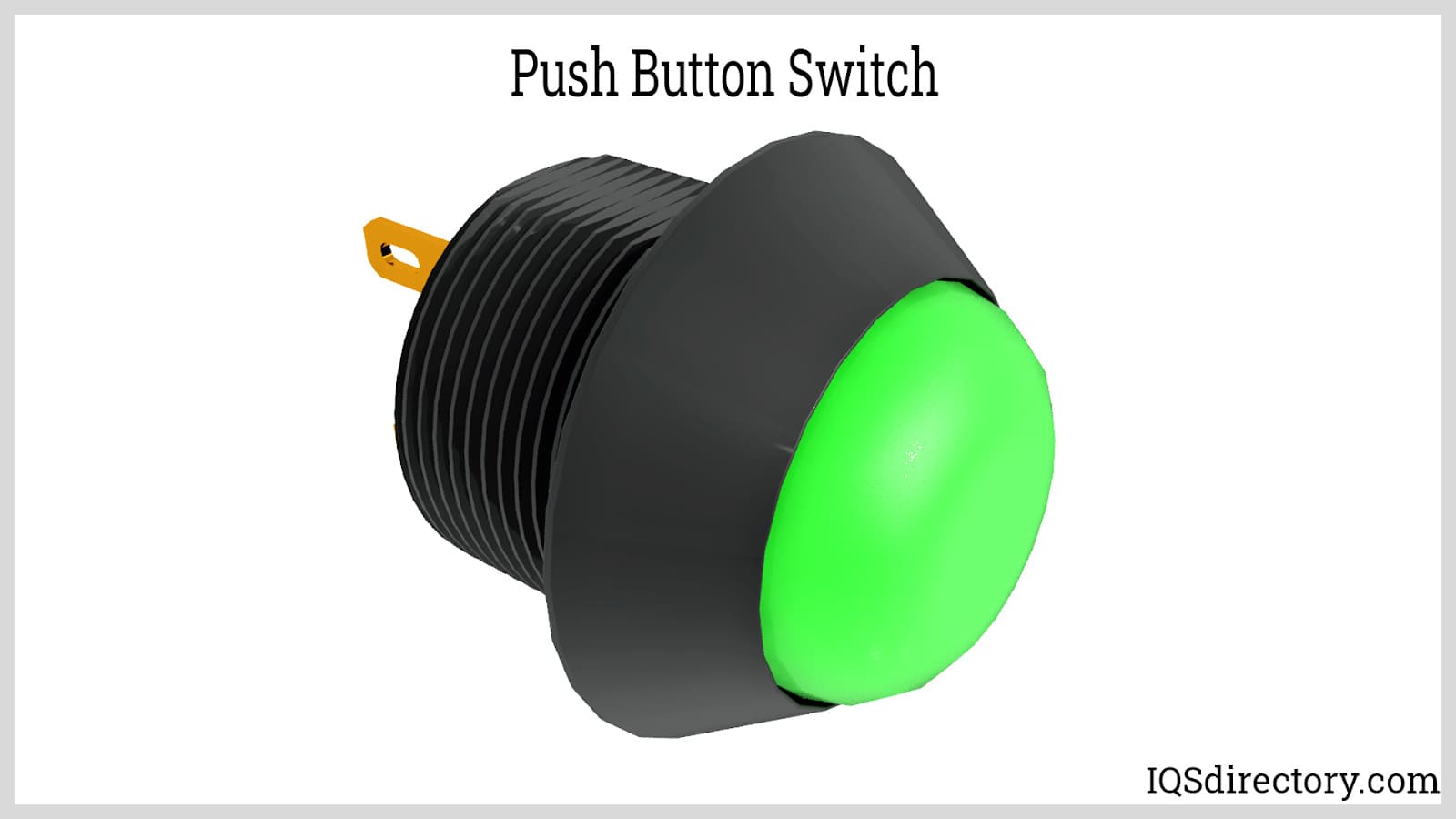
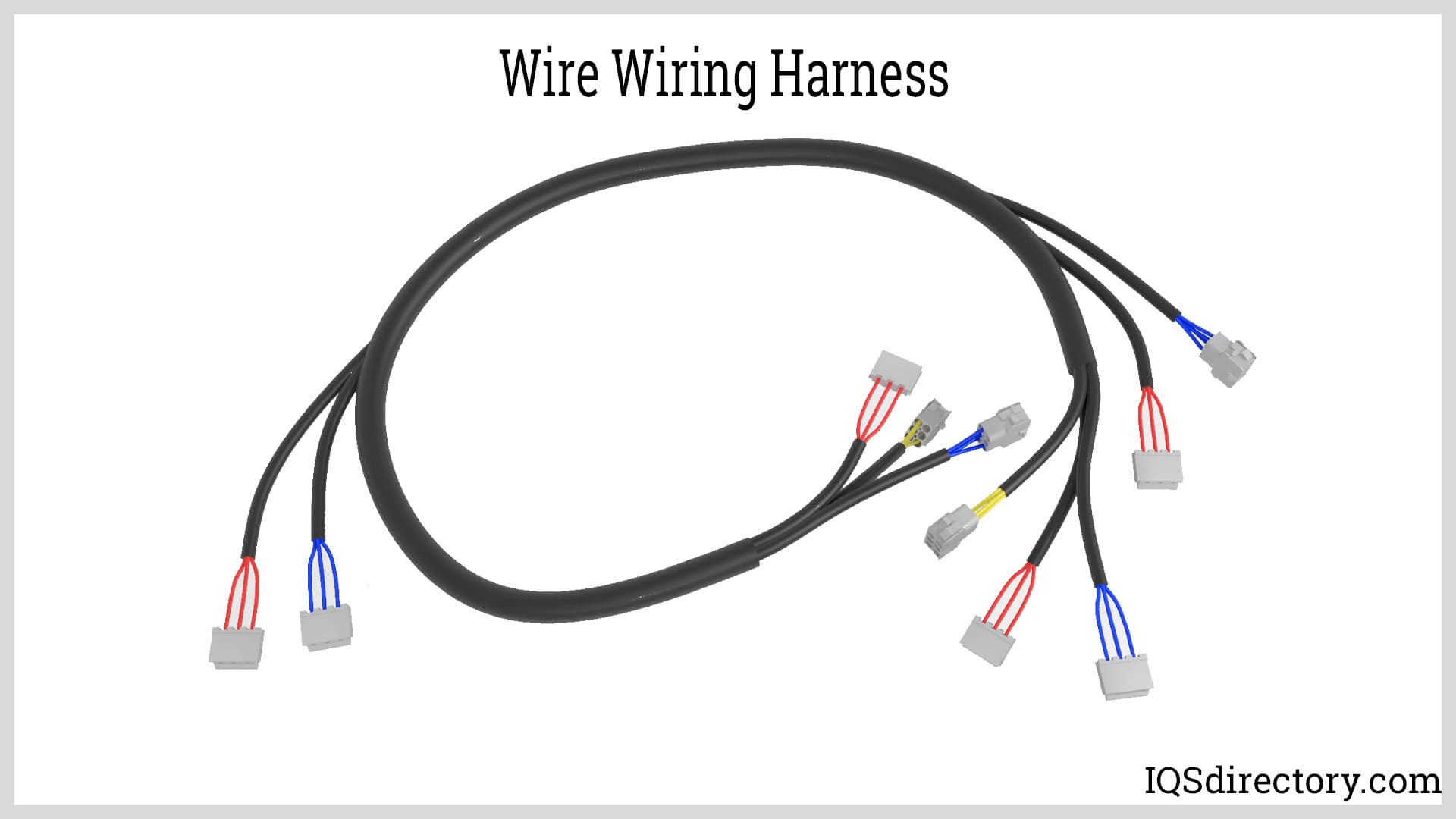
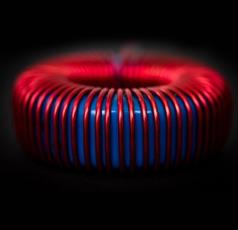 Electric Coils
Electric Coils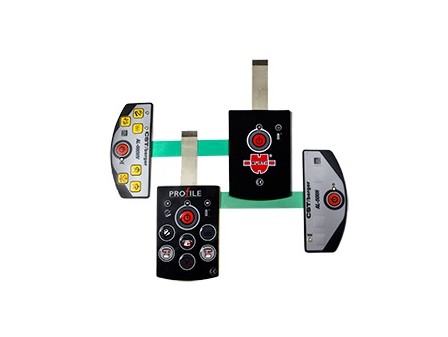 Electric Switches
Electric Switches Electric Transformers
Electric Transformers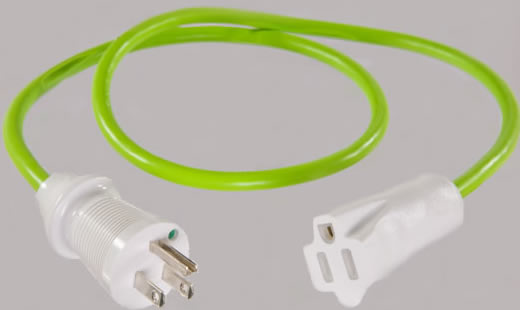 Electronic Connectors
Electronic Connectors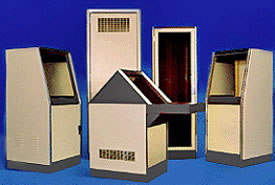 Electronic Enclosures
Electronic Enclosures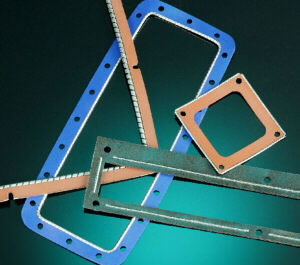 EMI Shielding
EMI Shielding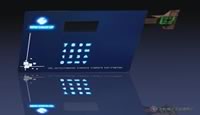 Membrane Switches
Membrane Switches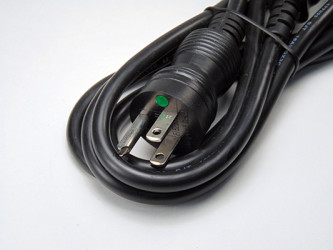 Power Cords
Power Cords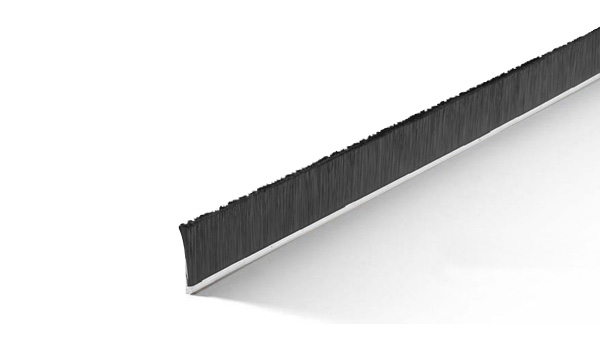 Static Eliminators
Static Eliminators Castings & Forgings
Castings & Forgings Bulk Material Handling
Bulk Material Handling Electrical & Electronic Components
Electrical & Electronic Components Flow Instrumentation
Flow Instrumentation Hardware
Hardware Material Handling Equipment
Material Handling Equipment Metal Cutting Services
Metal Cutting Services Metal Forming Services
Metal Forming Services Metal Suppliers
Metal Suppliers Motion Control Products
Motion Control Products Plant & Facility Equipment
Plant & Facility Equipment Plant & Facility Supplies
Plant & Facility Supplies Plastic Molding Processes
Plastic Molding Processes Pumps & Valves
Pumps & Valves Recycling Equipment
Recycling Equipment Rubber Products & Services
Rubber Products & Services